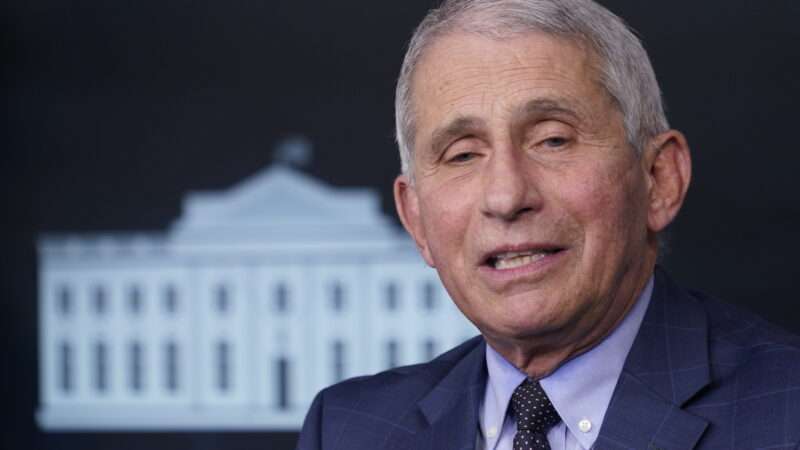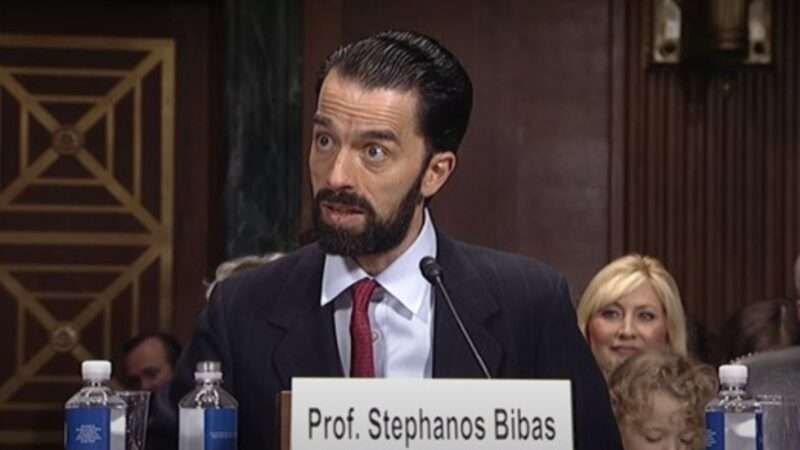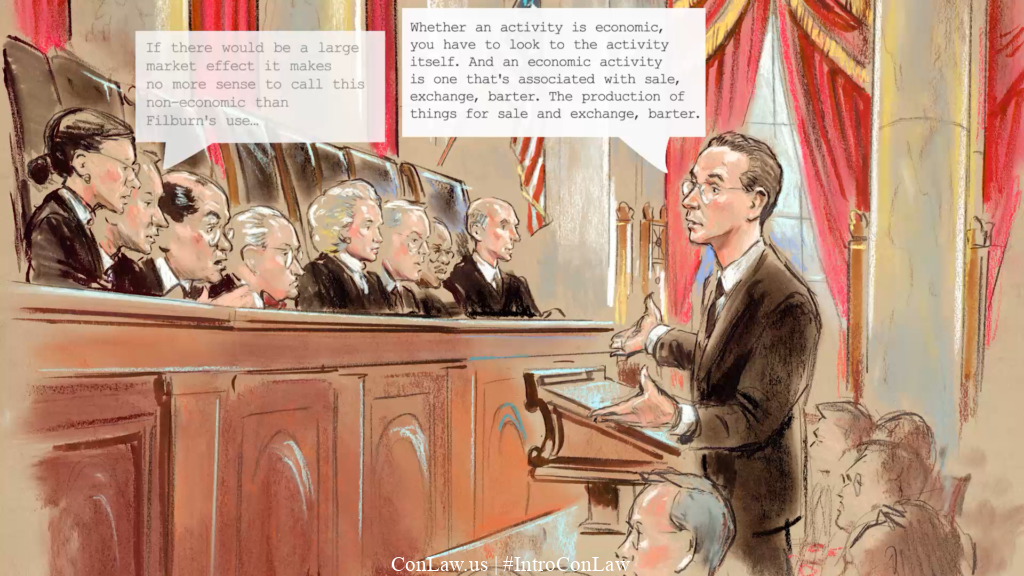As the streets of various U.S. cities descended into disorder set off by anger and anguish over police brutality, the domestic tranquility for which Americans theoretically surrender large chunks of their fortunes and freedom to the government seemed out of reach. Some protests devolved into generalized orgies of destruction and even arson—the most fiendishly destructive thing the average person can do in dense cities, and an act committed with careless glee dozens of times.
In the public debate between angry forces on the left and right wings, too many Americans insist on recapitulating the stark choices Germany seemed to offer its citizens between the world wars a century ago: a controlling, decadent left out to destroy private property, and a right embracing harsh, violent authoritarianism and viewing outsiders of all stripes with suspicion.
Each side seems so obviously, intolerably evil to the other that both sides agree the only moral or prudential choice is to come out swinging against the other side. The blood on the streets of Kenosha, Wisconsin, where in August a right-wing 17-year-old shot three people during a protest is a small preview of where that path leads. Radicals on both left and right seem to agree that traditional American libertarianism either supports the evil side (wittingly or unwittingly) or, at best, provides a pusillanimous, pie-in-the-sky distraction from the necessary business of seizing state power to crush the enemy. But that old-school, nonrevolutionary, bourgeois libertarianism is, in fact, the only peaceful way out for our troubled country.
It is one of libertarianism’s staid tenets that it’s a mistake—both morally wrong and likely ineffective—to use government force to solve most social problems. As this year’s urban unrest has shown, police power in the conventional sense can’t keep cities secure if even a small number of people are unwilling to play by the nonviolent rules. If you actually care about a functioning civilization, it is never enough to have the state controlled by the “right side.”
What makes civilization work is people roughly hewing to “live and let live” principles. Fortunately, most of us do so even when we are not governed in a libertarian manner. Most people, most of the time, simply want to live in their justly owned space, work for a living, engage in mutually beneficial commerce, and thus contribute to the web of peaceful interactions that makes our lives rich in every sense.
Civilization collapses, on the other hand, when people relentlessly seek state (or state-like) solutions to their grievances—particularly when they act in ways that threaten their fellow citizens’ liberty to live, think, express themselves, work, save, and do business in peace. Such violations of peaceful people’s lives are not justified even if what you are protesting against are indeed evils that ought to be halted.
In a more libertarian world, police would not be continually engaged in overly aggressive assaults on citizens, whether those citizens were suspected of crimes or not. We suffer that now because police, as representatives of the state, are not subject to the same discipline that the rest of us are, and because they’re charged with enforcing, potentially through violence, all sorts of petty or flagrantly unjust dictates, from traffic laws to drug laws.
In a more libertarian world, we also would not see angry, threatening mobs insisting that random fellow citizens join them in public expressions of political piety or setting fire to buildings and breaking windows. However honorable the cause may be, such actions tear at the roots of our prosperity: the ability to possess wealth and space and to use them to offer goods and services for a price, helping others while peacefully bettering ourselves.
American “movement libertarianism” is revolutionary—but only intellectually so. Most American libertarians, even in the face of obscene injustices inflicted by the state, do not conclude that transforming the civic order into a battlefield is the just or prudent response. The mission has always been convincing people that they would benefit from more libertarian governance and voluntary ways of life.
Some react to injustice by insisting, “No justice, no peace.” But given the libertarian’s limited sense of when violence against people or their property can be justified, even righteous anger at recalcitrantly evil policing does not justify vandalism, arson, and assault against bystanders.
When it comes to domestic battles to change government policy or public attitudes—as when it comes to overseas wars—most libertarians don’t think the lives and property of innocent people are acceptable collateral damage. That is especially true when the connection between the violence or destruction and righting the relevant wrongs is obscure.
The standard American libertarian has been traditionally and boringly bourgeois. While preserving life is indeed a higher priority than preserving property, libertarians understand that property’s vital role in human flourishing means it should not be blithely sacrificed merely to show how angry you are or even to follow a dimly lit path to “justice” for others.
Bloody extremism never really appealed to most libertarians, at home or abroad. Our love of liberty, and of the peace and prosperity it helps secure, inclines us to think that truly effective and secure social change comes not from violence, chaos, and force but from treating fellow humans with respect—as ends rather than means—and working to persuade them that libertarian ideas should shape social life.
The fanatical insistence on “no justice, no peace” makes any reasonably desirable civic life impossible, no matter how great the wrongs you aim to right. Sacrificing peace in a way that alienates too many of your fellow citizens likely will damage your chances of getting the justice you say you want. Such potentially alienating actions include denying people the right to use public streets unmolested and ruining their livelihoods, especially since history teaches us that violent unrest can destroy a neighborhood’s prosperity for decades.
What America needs most right now, then, is boring old bourgeois libertarianism: the lived philosophy of peacefully enjoying life and property while mostly minding your own business. That philosophy rules out attempts to enforce orthodoxies of thought and expression, no matter how good the cause, and refuses to treat other people’s lives and property as dispensable in the pursuit of political goals, no matter how noble.
When people reject those principles, they create civic spaces where no one can thrive—in the long run, not even them.

from Latest – Reason.com https://ift.tt/2HMy16P
via IFTTT



